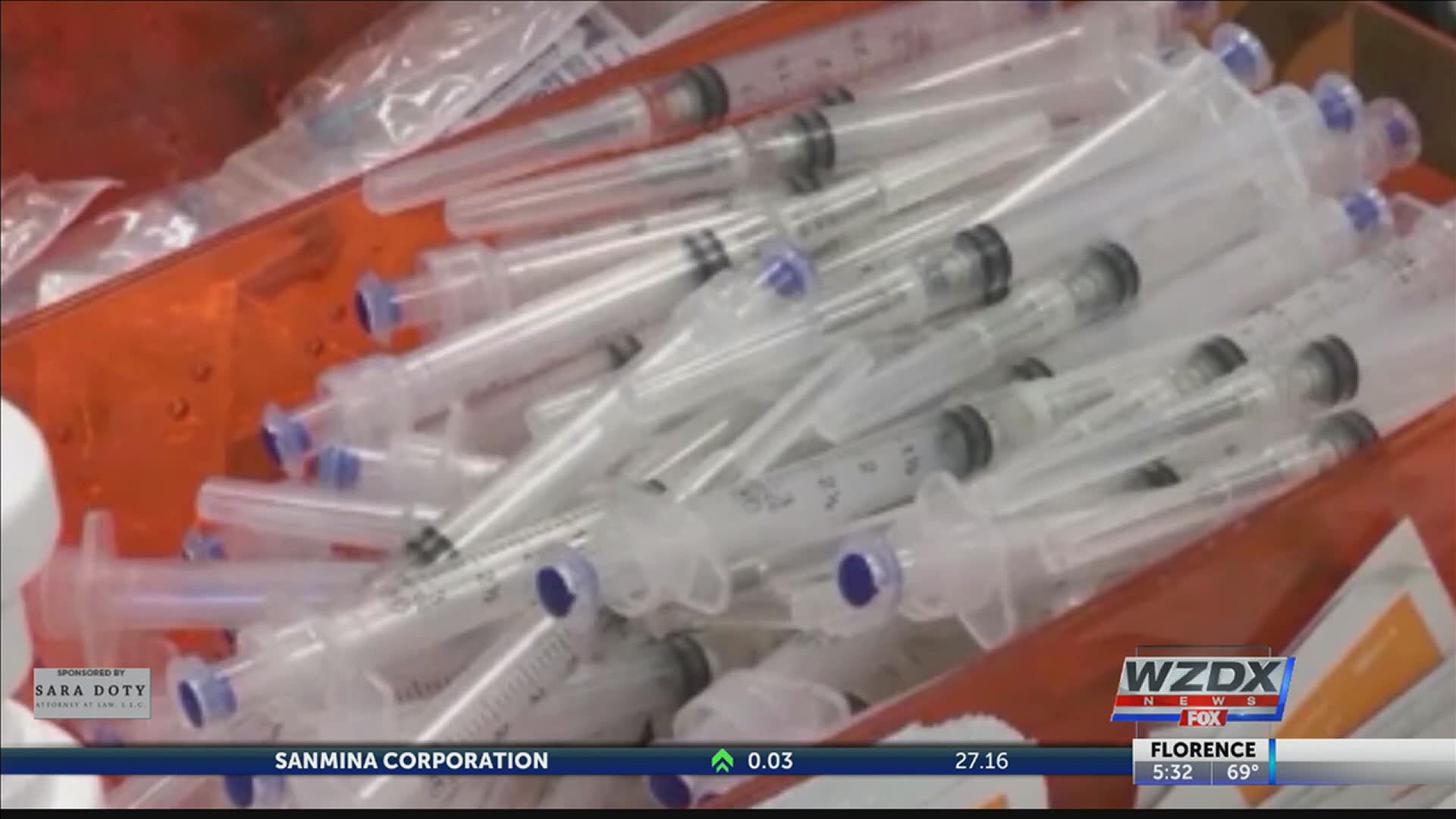HUNTSVILLE, Ala. — Fewer people get flu shots in Alabama compared to other states. The national rate is about half, and Alabama is slightly lower. As we approach flu season, local doctors are encouraging you to get vaccinated this year.
"This is probably the most important year we've ever had in terms of flu vaccine because when we're vaccinating people, for reduction of influenza, then really we are reducing the risk to some extent of one respiratory illness," says Assistant State Health Officer for the Alabama Department of Public Health, Dr. Karen Landers, MD.
Landers says the numbers in Alabama could be better. "It's been lower in Alabama in terms of the lay public, but this year we want to change that," she says.
Madison City Schools is offering the flu vaccine for free, and it's optional. Some might ask if we're taking the necessary steps to prevent the coronavirus, which has similar symptoms of the flu; is it still necessary to get vaccinated?
Here's what Huntsville Hospital Infectious Disease Specialist Dr. Ali Hassoun, MD had to say.
"So vaccinations is one part, and masking and physical distancing is another part. So it's not just you choose one over the other because each one of them will work differently," says Hassoun.
Hassoun says the vaccines have a more long term effect. "As more people take it, there will be less chances of infection. So the long term effect will be much better in comparison to the mask and physical distance," says Hassoun.
Doctors say it's safe for children as young as six months. According to Landers, there are two ways to get the flu vaccine.
"There's the inactivated flu vaccine, that's the flu vaccine given by injection or shot. There is the live attenuated vaccine that is the nasal spray vaccine," added Landers.
Landers says the nasal spray vaccine is for eligible people ages 2 to 49.

